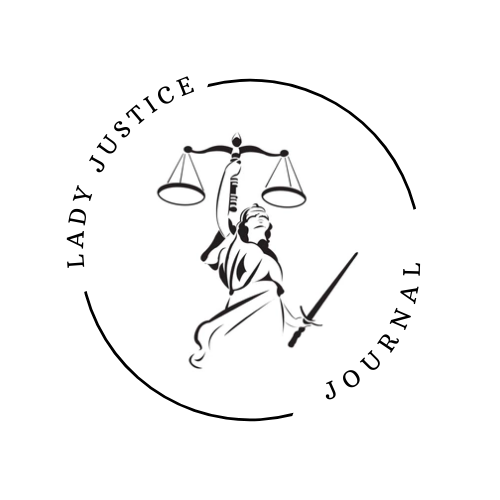A Critical Divide in American Education? Examining Critical Race Theory Discourse via a Public Opinion Lens
Main Article Content
Abstract
In the United States, critical race theory (CRT) has been a topic of controversy among academic, political, and public discussions. Theorists in the tradition have maintained that contrary to conventional understanding, race is not a concept grounded in biology but a socially constructed instrument of oppression, crafted by the hands of the dominant social class and institutionalized by the laws of the state. When the theory was popularized in the twenty-first century, the American public received the theory with ambivalence, with some supporting and implementation in school curricula, while others opposing its validity. Political elites, conversely, have leveraged public attitudes to justify laws prohibiting and permitting the teaching of the theory’s concepts; however, their lack of consensus has only shaped CRT into a partisan issue. With these competing factors in mind, the future of CRT discourse is thus rather uncertain. Public opinion polls continue to indicate that most Americans are still unacquainted with the theory’s tenets, suggesting that current measures may not be an accurate representation of the electorate's genuine attitudes. If scholars seek to garner a truer grasp on public opinion surrounding CRT, more Americans will have to understand the theory and be able to differentiate its subject matter from its politicized iterations.
Article Details

This work is licensed under a Creative Commons Attribution-NonCommercial-ShareAlike 4.0 International License.


